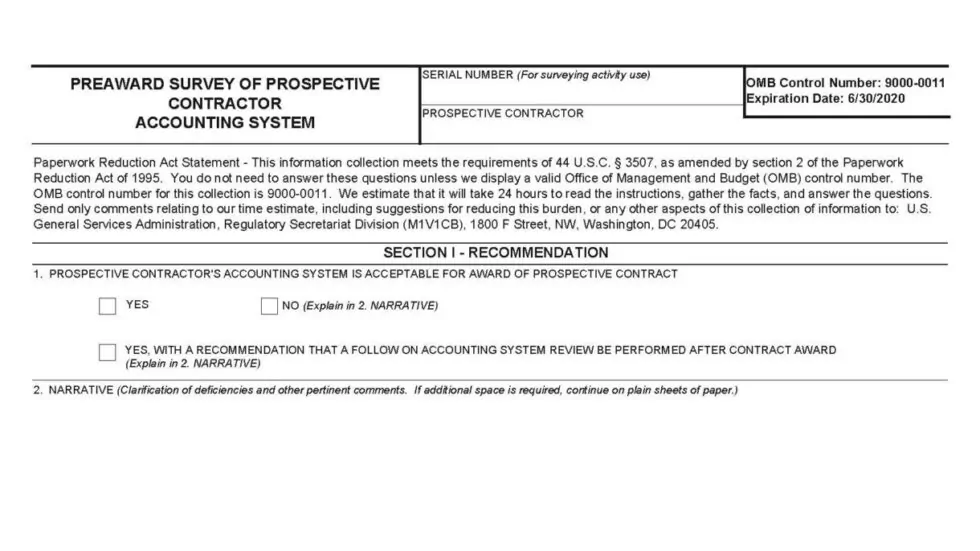One of the unique burdens for many businesses contracting with the federal government is the requirement to prepare and submit an incurred cost submission (ICS) within six months after the close of the fiscal year. This requirement is mandatory for contractors providing services on cost plus type contracts in excess of $25,000 and is frequently required by contract clauses on time and material type contracts. These ICS submissions are audited by DCAA. Prior to 2012, DCAA felt compelled to audit 100% of these ICS’s. For a number of reasons, DCAA was unable to keep pace with the number of new ICS’s and the backlog of unaudited ICS’s grew to over 22,000 by the end of 2011.
In an effort to address the growing backlog, DCAA revised its audit policies and procedures. It adopted a risk based assessment approach in determining which ICS would be selected for audit. For those ICS’s deemed to be low risk, DCAA would issue a memorandum to the contracting officer recommending that the submission be accepted without audit based on DCAA’s risk assessment and its adequacy evaluation of the submission. Placement of the contractor’s submissions in the low risk pool for one year also has an effect on its ICS for subsequent years.
The criteria for assessing each year’s risk includes prior year experience as well as auditable dollar value, other audit leads and the significance of prior questioned costs. Contractors with an adequately prepared ICS assessed at low risk in one year could limit the probability of audits of subsequent year submissions.
The following is DCAA’s criteria for assessing low risk:
Auditable Dollar Value (ADV) | Amount of Questioned Costs in Previous Audit |
| <$1 million | <10% of ADV |
| $1 to $5 million | <5% of ADV or $100,000 |
| $5 to $250 million | <$250,000 |
All ICS’s with less than $5 million ADV and no significant questioned costs should be considered low risk.The following is DCAA’s guidance for audit selection of ICS’s assessed at low risk:
Auditable Dollar Value (ADV | Percent of Low-Risk ICS Selected for Audit |
| Less than $1 million | 0% |
| $1 to $50 million | 5% |
| $50 to $100 million | 10% |
| $100 to $250 million | 20% |
| Greater than $250 million | 100% |
A mandatory audit will be performed once every three years for all ICS’s between $100 and $250 million. Under DCAA’s new risk assessment guidelines, it is entirely possible that a contractor’s adequately prepared ICS’s could avoid audit for a number of years based on a low risk assessment of an initial year’s submission.According to Anita Bales, DCAA Director, “since revising its audit selection guidelines in 2012, DCAA has reduced its ICS audit backlog by over 16,000.”
We have worked with a number of contractors whose ICS were subject to audit under these new guidelines. All of those whose initial, adequately prepared submissions met the low risk criteria have had DCAA pass on auditing subsequent years. Contact us for more information and assistance.
Kelly Ryan, Partner, CPA
Lanigan, Ryan, Malcolm and Doyle, P.C.
About the Author:



